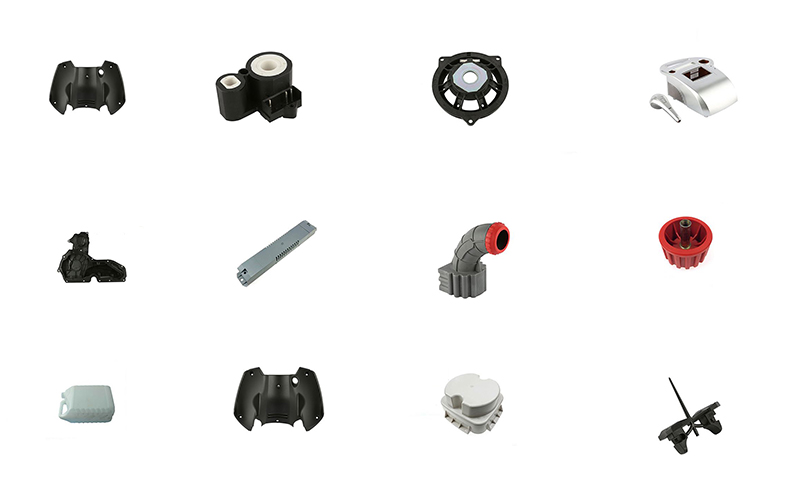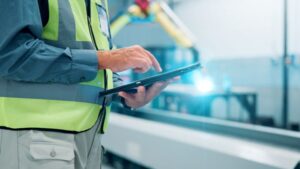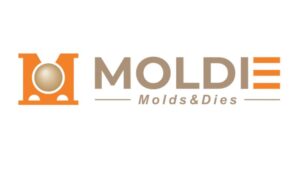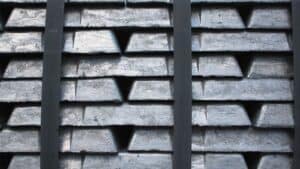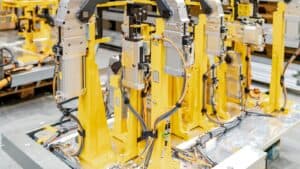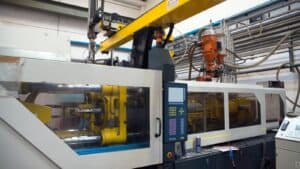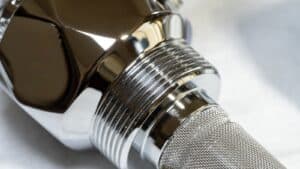With development of more than 100 years, plastic injection molding has become one of the most popular manufacturing processes to produce plastic parts. From high precision components to disposable goods, from large components to tiny items, plastic injection molding is widely used in many industries to create different kinds of products such as automotive and aerospace components, electric parts, medical parts, storage containers, toys, food packaging and so on. All these products with different functions and applications are processed with a great range of different thermoplastic resins. The most generally used thermoplastic resins are ABS, PP, PC, PA, PE, PVC etc. The resins can be processed into products in any required colors with the use of masterbatches or compounding. With the wide range of applications, thermoplastic resins has now developed to perform better forming result and can stand rugged situations in some industries. It is for sure that thermoplastic resins will meet higher requirements with the development of plastic injection molding.
The selection of thermoplastic resins for the product to be produced determines the selection of mold steel. High corrosive resins require high corrosion-resistance steel of the mold cavity, and sometimes additional treatment on the steel to increase the anti-corrosion. Resins with glass fiber added will have more friction on the mold cavity so the steel needs to be high wear-resistant. The selection of mold material is critical as it relates to the upcoming cost of a project and the maintenance of the mold. One of the reasons why plastic injection molding is popular is that multiple surface finishes can be realized on the mold to present diverse appearances and functions of the products. Gloss polished surface for a coffee spout, textured surface for the dashboard of a car, matt surface for a laptop case, all these are available in the world of plastic injection molding. As the machining process is advancing all the way, components with more complex features and higher precision can be machined, which also enables plastic injection molding to produce products with higher requirements.
With proper selected steel, plastic injection molds can be designed to produce the required volumes of one identical part, hundreds, thousands, even one million. The whole process of plastic injection molding can be highly automated. From the loading of the material into the injection machine to the removal of the molded parts by robot, less labor is required for highly automated production process. Not only the labor cost is reduced, but also make plastic injection molding an ideal manufacturing process for the production of large volume of same product in short time.
Multiple material choices and surface finishes, enhanced strength of the thermoplastic resin, advanced machining, fast production of identical part, high automation, all these make plastic injection molding popular in many industries.
